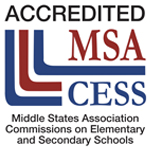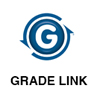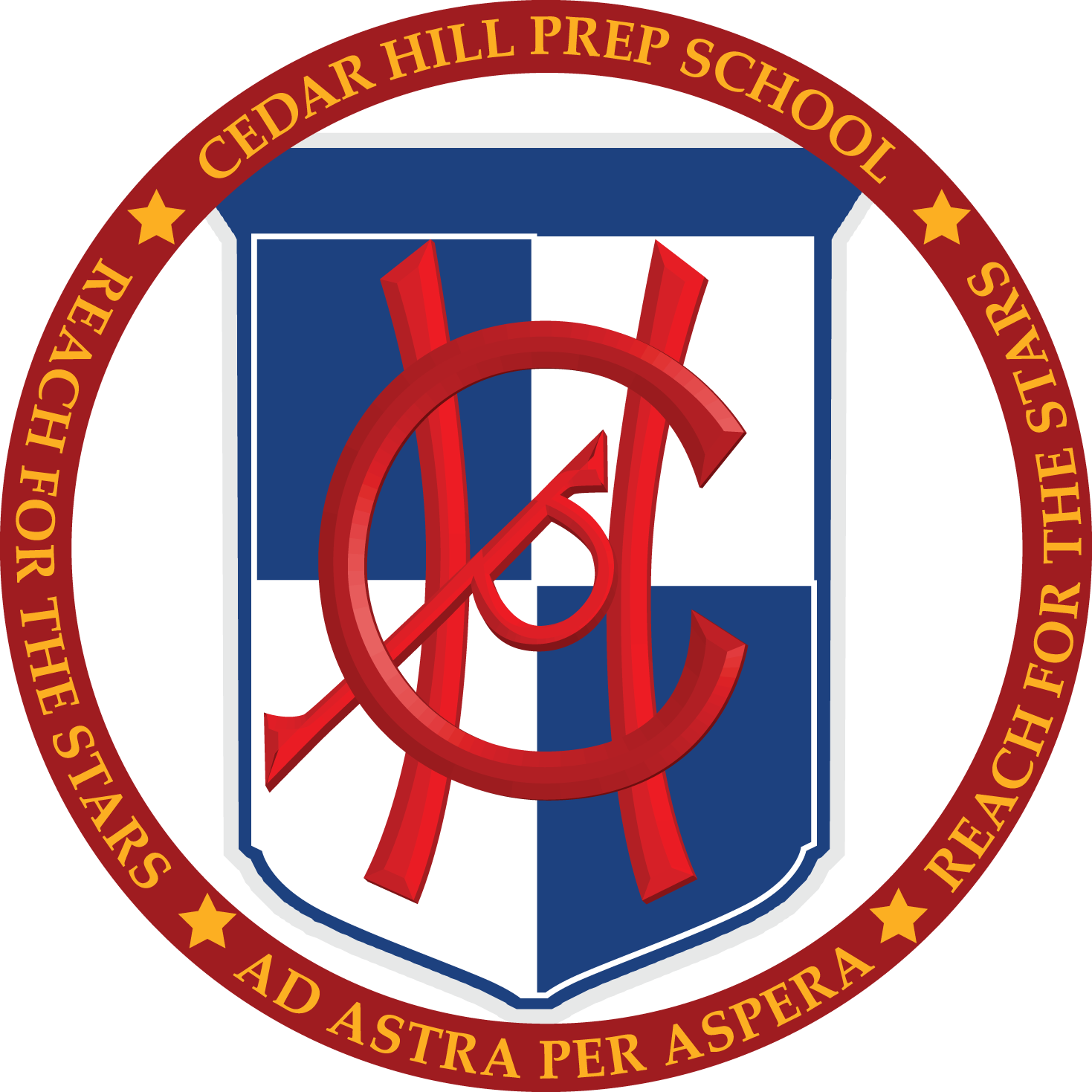As many of you know, my grown son went off to college last year.
The other day, he shared with me that he sees a large deficit in problem solving skills and critical thinking skills on campus. He has noticed a great lack of an insatiable love for learning among his classmates. He mentioned that while most kids are really smart, there is a very apparent gap between those who went to public school and those who went to small private schools. When he and his classmates discussed these observations, many agreed and went on to mention that they are planning to send their own future children to small private schools.
Hearing this, I wasn’t surprised. The CAPE, the Council for American Private Education, recently asked:
“If it were your decision and you could select any type of school, and financial costs and transportation were of no concern, what type of school would you select in order to obtain the best education for your child?”
- 43% (2012: 38%) of Millennials said they would select a private school (including independent, parochial, and religious)
- 28% (2012: 30%) would choose a regular public school
- 13% (2012: 11%) would home school
- 8% (2012: 9%) said they would choose a charter school

About Millennials
As Millennials grow into adulthood, several trends are starting to become apparent. However, before we dive into the reasons why they make such distinctive parenting choices, let’s take a closer look at this particular generation.
Generally, the term “Millennial” is used to identify individuals born roughly between 1982 and 2004, according to generational historians and theorists, Strauss and Howe. That being said, most Millennials are now in their twenties and thirties and account for approximately 30% of the adult population in the United States. In the next 5 years, they are expected to make up half of the workforce in our country.
Being young adults, it seems only logical that Millennials are having children. In fact, studies have found that Millennial parents account for approximately 80% of the 4 million annual U.S. births.
Education Is Important To Millennials
Education and choosing the right schools is extremely important to this generation. According to a 2016 study, 15% of surveyed Millennials claim that education is the most important issue currently facing the country. Interestingly, education was the second most-pressing issue overall, because 31% of respondents selected the economy and jobs as being most important, while only 8% of respondents chose immigration and healthcare.
Comparing the Millennials’ 15% to the 8% of Gen Xers, the 5% of Baby Boomers, and the 9% national average who said the same, it is easy to see that education is more on the minds of Millennials than it is of their predecessors.
Another pattern can be found corollary to income levels: among Millennials, middle-income earners are almost twice as likely to rank education as a top priority issue when compared to high-income earners.
But what do these numbers effectually mean when education-driven Millennials become parents?
When asked if K-12 education has gone in the “right direction” or is on the “wrong track,” Millennials almost overwhelmingly say “wrong track” (58% vs. 25%).
Small Private Schools Preferred
It’s easy to see why Millennial parents are choosing small private schools for their children. While public schools are doing their best to accommodate changes that lawmakers put into place, the implementation of those changes takes time. Public schools are subject to the mandate of educational law, which means that policy, as well as curricula, are slow to evolve.
Private schools are encumbered by no such obstacle. A private school is at liberty to enhance and refine its curriculum quickly and efficiently to respond to educational research. Additionally, with lower enrollment rates and a better student:teacher ratio, private schools are more capable of giving students the individual attention they need to thrive.
Millennials Experienced Gap Between Private School and Public School Education
But the proof, of course, is in the proverbial pudding.
A 2012 report compiled by the Council for American Private Education found that approximately 20% more private high school graduates were ready for college-level work than their public school colleagues. This indicator points at a general lack of preparedness amongst the greater public school student population. Public school cannot be relied upon to prepare students for collegiate-level study.
Because of this clear gap in performance between public and private school students at the collegiate level, it should come as no surprise that Millennials report preferring private school to public school when selecting an educational experience for their children. As I illustrated in the bulleted list above, almost every second Millennial would choose a private school for their children, while only 28% would opt for public school. This Millennial desire has only intensified since 2012 because the gap has widened from 8 percent to 15!
The numbers are clear. To Millennials, private school is the ultimate college preparatory experience that parents can choose for their child. The benefits of private schooling are benefits that will impact a student’s life forever.






